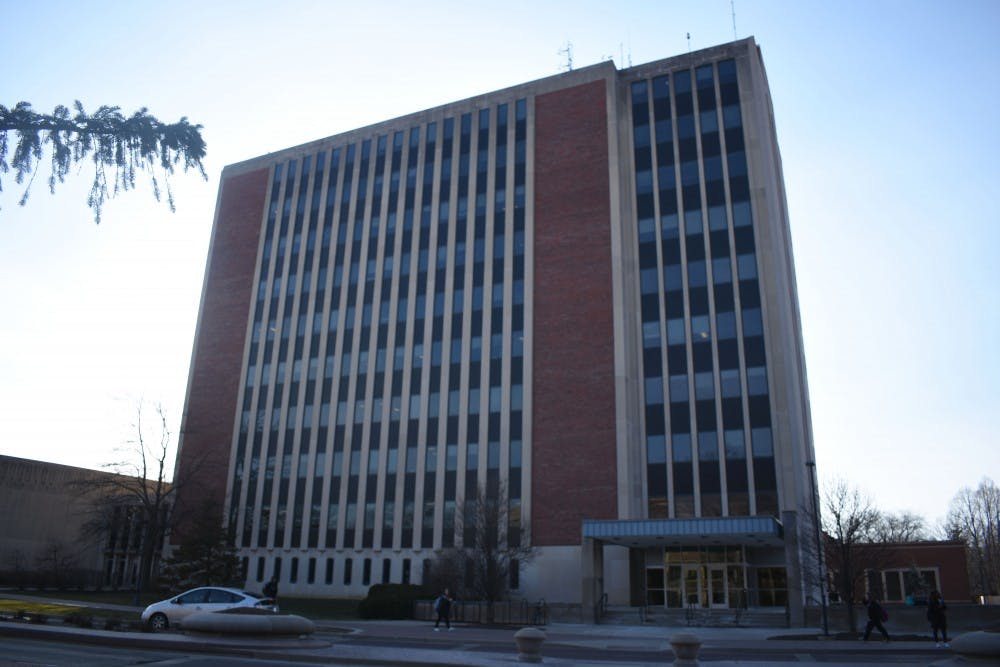Indiana House Bill 1399, which was signed by Gov. Eric Holcomb Monday, gives elementary school teachers the opportunity for area licenses in the specialization of math and science.
Sheryl Stump, professor of mathematical sciences and interim associate dean of Teachers College, helped write the first part of the bill and said it will lead to more opportunities for students to make sense of math.
The first part of the bill calls for those who hold a college degree to return to school to receive a license to become a specialist in the field of elementary mathematics.
Stump said because of this, experienced teachers would go back to school to achieve a better understanding of math and science. Additionally, the teachers would come out with leadership skills and help coach other teachers in an effort to further develop their skills.
The second part of the bill allows for initial licenses to help elementary teachers specialize in a STEM discipline. Stump said there really aren’t any previous standards in the U.S. regarding this part of the bill.
Despite the differences between the two pieces of the bill, Stump said both parts are designed to make improvements in how the U.S. teaches elementary students math and science. She said licenses like these help to develop a more conceptual understanding of STEM disciplines.
“[Teachers] get excited about helping children actually develop understanding,” Stump said.
Currently, Ball State offers mathematics teaching as a major with either a concentration in secondary or middle school.
“We’re trying to promote ways of teaching that are focused on developing student understanding. It’s not all about memorization,” Stump said.
State Rep. Bob Behning (R-Indianapolis), the author of the bill, said he worked with the National Conference of State Legislatures on a 2016 study called “No Time to Lose.” He said the study contained elements that inspired the bill.
The study goes through ways education in the United States could be able to keep up with other education systems across the world including teacher preparation, standards, early learning and practices.
Behning said content area licenses are a step in the right direction to ensuring an education system that is more rigorous and effective.
“You need teachers who are confident in these areas,” Behning said.
Behning said he met with teachers during the creation of this bill, with some of the teachers — including Stump — testifying in front of the House earlier this year.
The bill, which passed with a vote of 71-11 on its final House reading, will go into effect no later than July 1, 2019.
Contact Andrew Harp with comments at adharp@bsu.edu or on Twitter at @adharp24.





